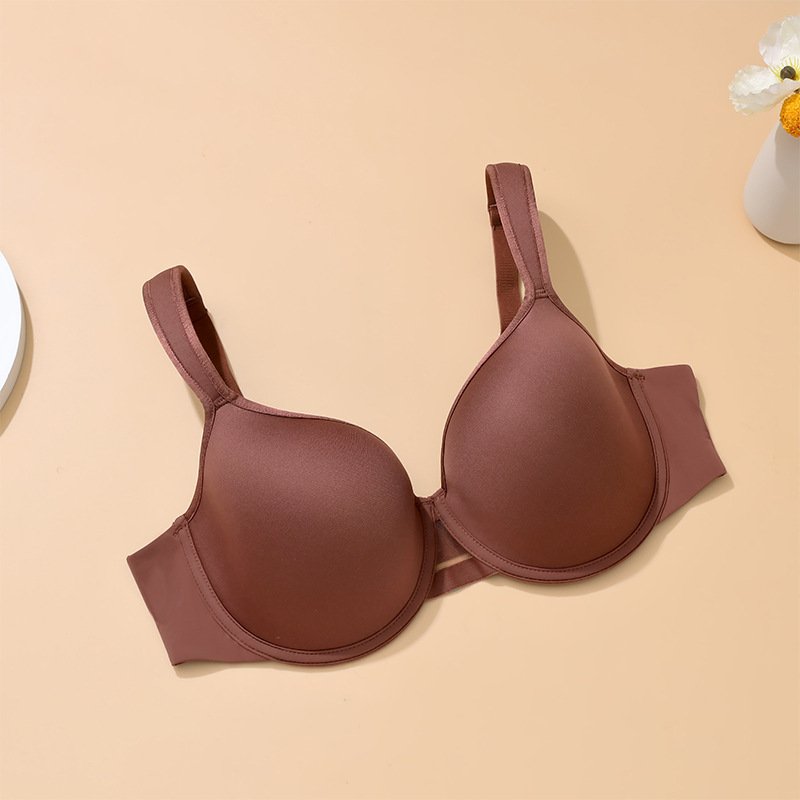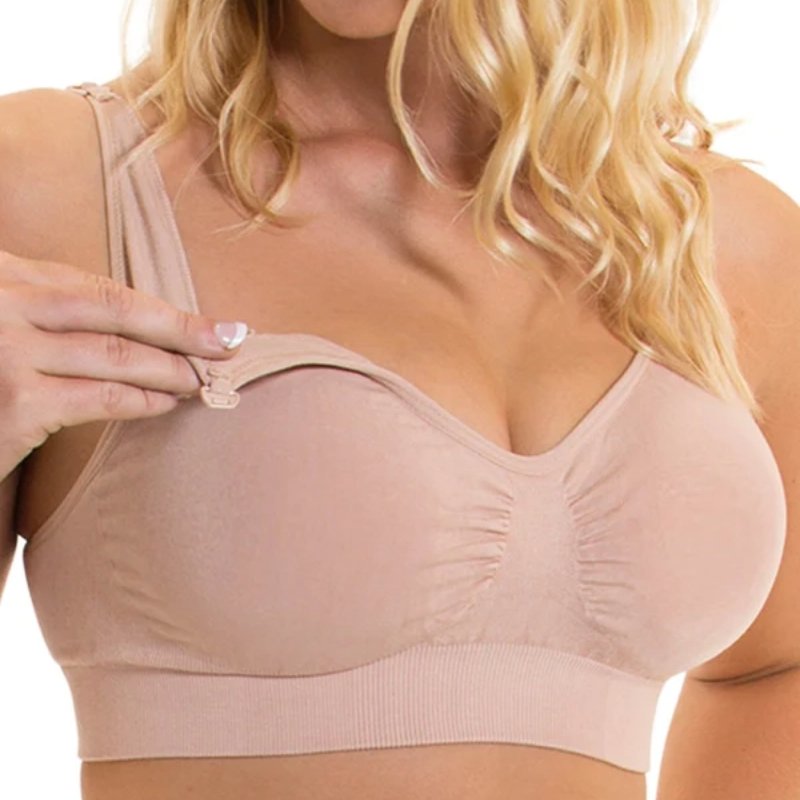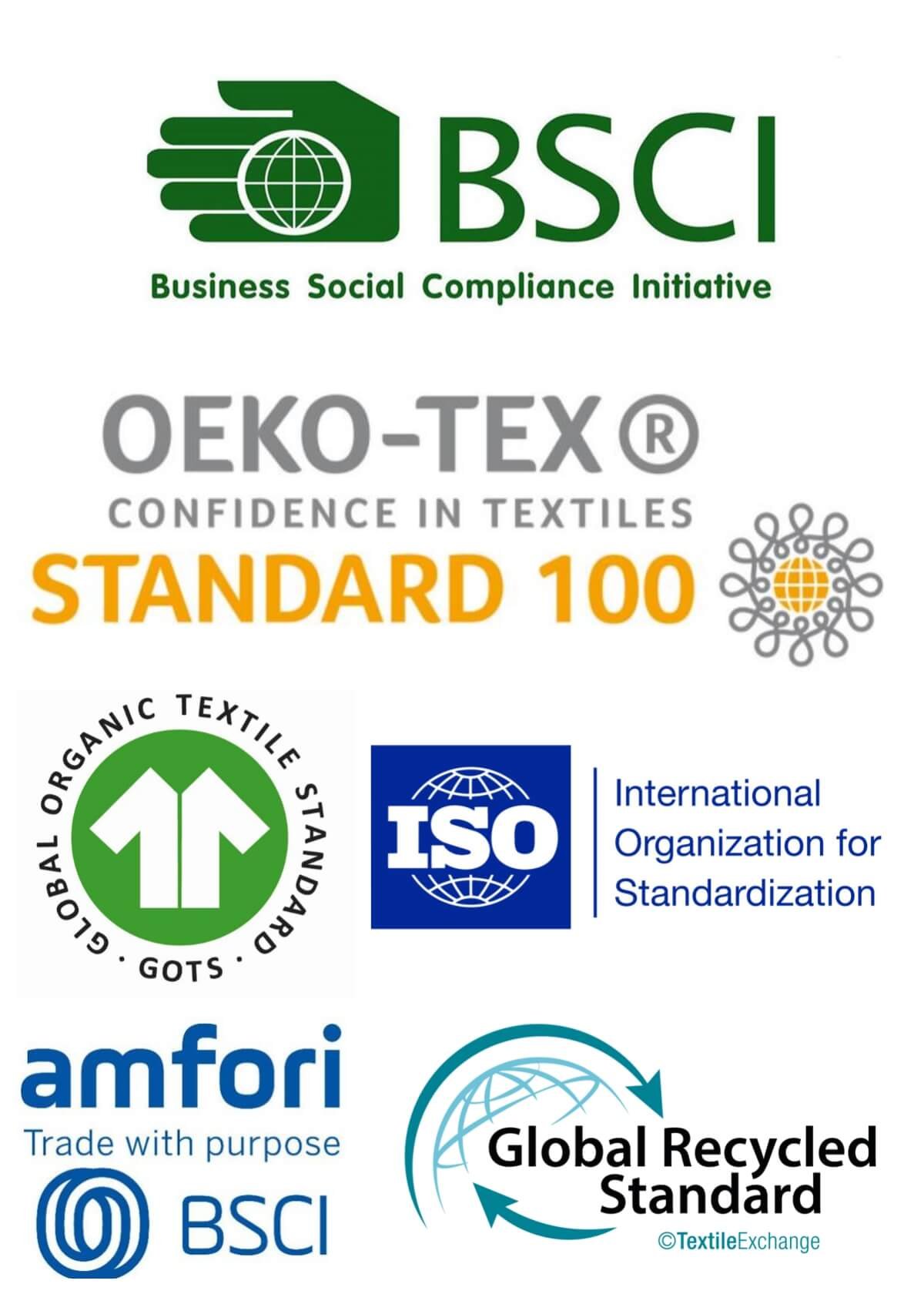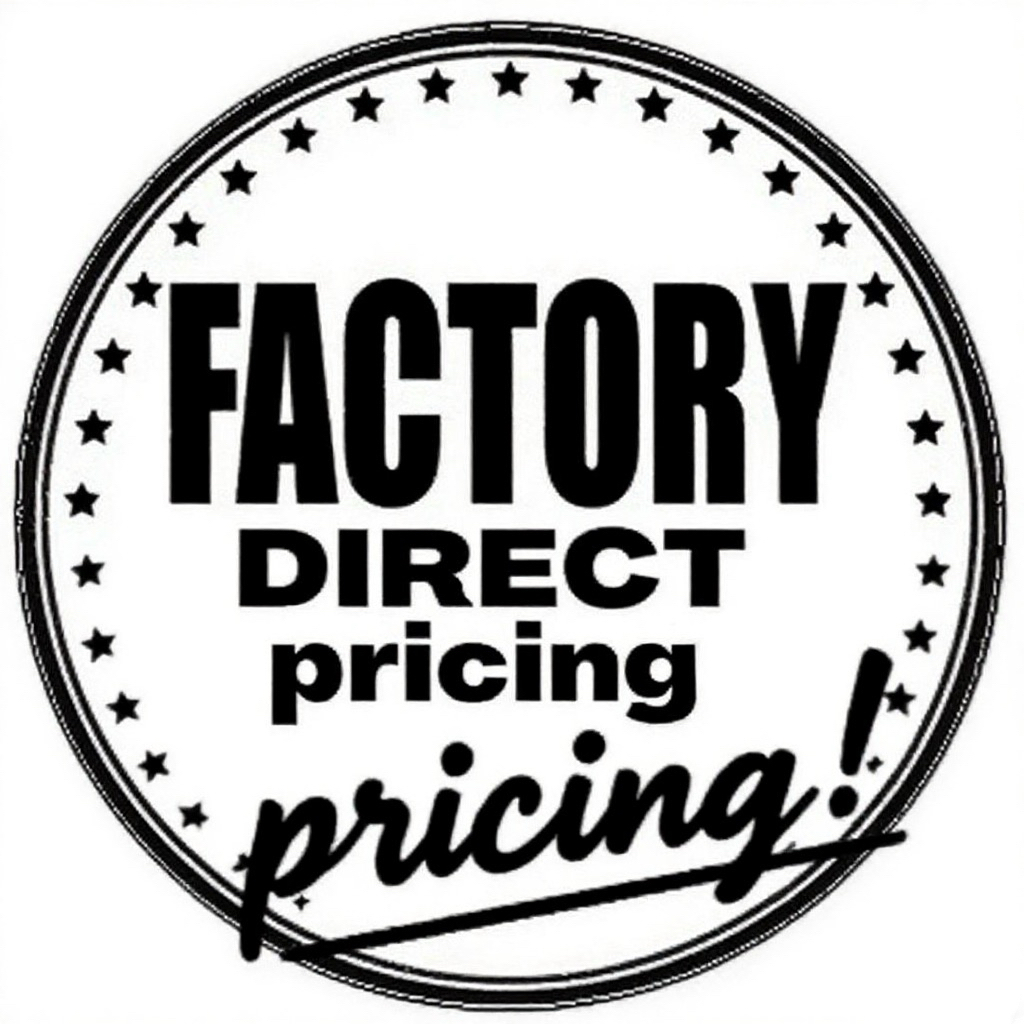Plus Size Bras: Developing Competitive Pricing for Greater Value
Struggling with plus-size bra pricing? Do you want to offer great value without cutting corners? Competitive pricing is possible.
Developing competitive pricing for plus-size bras involves aligning costs with market demand, optimizing production efficiency, balancing perceived value with affordability, benchmarking against leaders, and ensuring quality through certifications to justify the price.

I know that pricing is very important. It is not always about being the cheapest. For plus-size bras, it is about giving good value. It is about matching the price to the quality. At XIESHENG, we understand this balance. We make different kinds of lingerie. This includes many plus-size bra sets. We know that these products need to be comfortable. They need to be supportive. They need to last. Our clients, big stores like WALMART and KIK, need prices that work for their customers. But they also need products that are reliable. If a bra costs less but falls apart quickly, it is not a good deal. We make sure our plus-size bras are tested well. We make sure they meet global standards. We are BSCI and ISO certified. This quality costs money to maintain. But it means our bras are worth their price. This helps our clients sell more. It makes their customers happy. This is how we build trust. It is how we create value.
Understanding Market Demand: Aligning Pricing with Consumer Needs
Who buys plus-size bras? What do they want? We learn this to set the right prices.
Understanding market demand for plus-size bras involves researching consumer preferences for fit, comfort, style, and effective price points, allowing manufacturers to align their pricing strategy with what customers are willing to pay for perceived value.

For us, listening to the market is key. I have seen how much the plus-size market has grown. It is not a niche anymore. It is a big part of the clothing industry. But what do these consumers really want from their bras? At XIESHENG, we know it is usually support and comfort first. Style comes second. They want a bra that makes them feel good all day, every day. They want it to be durable. They are willing to pay a fair price for these things. They know that a cheap bra might not give the support they need. So, their expectation for quality often drives their willingness to pay. We gather feedback from our clients, like ASHLEY and DAISY FUENTES. They tell us what their customers are asking for. This helps us understand what price points are acceptable for premium features. For example, a specialized nursing bra for plus sizes might have a higher price. This is because of the extra features. It is because of the specialized demand. This understanding helps us price our products fairly. It creates value for the end consumer. This makes our wholesale partners successful.
Cost Efficiency: Optimizing Materials and Production Processes
Making things costs money. How do we keep costs low without losing quality?
Cost efficiency in plus-size bra production is achieved by optimizing material sourcing, negotiating with suppliers, streamlining manufacturing processes, and minimizing waste, all while maintaining rigorous quality standards to ensure competitive pricing.

At XIESHENG, with our 10,000 sqm factory and over 300 workers, we constantly look at how to make things smarter. Every step in making a bra has a cost. The fabric costs money. The elastic costs money. The labor costs money. We work hard to find the best prices for our materials. We have long-term relationships with fabric and component suppliers. This helps us get good deals. We also look at our production line. Are there ways to do things faster? Can we use less material? Can we use energy better? For example, reducing fabric waste during cutting can save a lot of money. Our skilled workers are very efficient. They make fewer mistakes. This also saves time and money. We make sure our machines are well-maintained. This keeps them running smoothly. By doing all these things, we keep our costs down. We do this without cutting corners on quality. This means we can offer competitive prices to our clients. This method of pricing means they can sell our products well.
Value Perception: Balancing Affordability and Premium Positioning
Cheap is not always best. Expensive is not always best. How do we make people feel they get a good deal?
Value perception balances affordability and premium positioning by offering high-quality plus-size bras that provide superior comfort, support, and durability at a price point perceived as fair and justifiable, appealing to consumers seeking both quality and reasonable cost.

When someone buys a plus-size bra, they are looking for value. They want something that lasts. They want something that feels good. They want something that gives good support. If a bra is too cheap, people might think it is low quality. If it is too expensive, they might not buy it. At XIESHENG, we try to hit the sweet spot. We make bras that are well-made. They use good materials. They are designed for real bodies. This justifies a fair price. We do not aim to be the cheapest. We aim to be the best value. This means a bra that supports well, lasts long, and feels comfortable. Our goal is for the customer to feel they got more than they paid for. For example, our plus-size bra sets feature strong elastic and durable fabrics. These materials cost more. But they give better support and last longer. This makes the bra a better value than a cheaper one that wears out fast. Our clients want products that give value to their shoppers. This balance is what we work towards.
Competitive Benchmarking: Learning from Global Industry Leaders
How do we know if our prices are fair? We look at what the best ones are doing.
Competitive benchmarking involves analyzing pricing strategies, product features, and market positioning of leading plus-size bra manufacturers and brands to identify best practices and establish competitive yet profitable pricing for our own offerings.
We do not just guess our prices. We look at the market closely. We study what global leaders in plus-size lingerie are doing. Who are they? What kinds of bras do they offer? What are their prices? What features do they highlight? For example, we might look at a well-known brand that sells a high-support plus-size sports bra. We will check its features, its materials, and its price point. Then we look at our own similar product. Can we offer the same quality? Can we offer even better features? Can we do it at a more attractive price for our B2B clients? This helps us position our products well. It helps us find gaps in the market. It shows us where we can be more competitive. Our factory, XIESHENG, supplies stable old customers like KIK (30%) and WALMART (35%). They trust us because we stay current. We stay competitive. This benchmarking helps us ensure that our prices are not only fair but also attractive compared to others. This continuous learning is key to our success.
Assurance of Quality: Meeting Standards and Certifications to Strengthen Pricing Credibility
Why should someone pay more for our bras? Because we prove their quality.
Assurance of quality, demonstrated through meeting standards and certifications like BSCI and ISO, strengthens pricing credibility for plus-size bras by proving commitment to ethical production, product safety, and consistent performance, justifying the price point to B2B buyers.

In the plus-size lingerie market, quality is not just good to have. It is essential. A bra that offers great support, comfort, and lasts a long time is worth its price. How do we prove this worth? Through our quality assurance. At XIESHENG, we make sure our products pass rigorous tests. We also meet international standards. We are BSCI certified. This means we treat our workers fairly. We have safe working conditions. We are ISO certified. This means our production processes are consistent and high quality. When our B2B clients see these certifications, they know they are buying from a responsible and reliable manufacturer. It adds to the value. It makes them confident in the price we ask.This means higher satisfaction for their end consumers. This assurance of quality makes our pricing credible. It builds long-term partnerships.
Conclusion
Competitive plus-size bra pricing comes from understanding market needs, efficient production, balancing value, learning from leaders, and ensuring quality.

